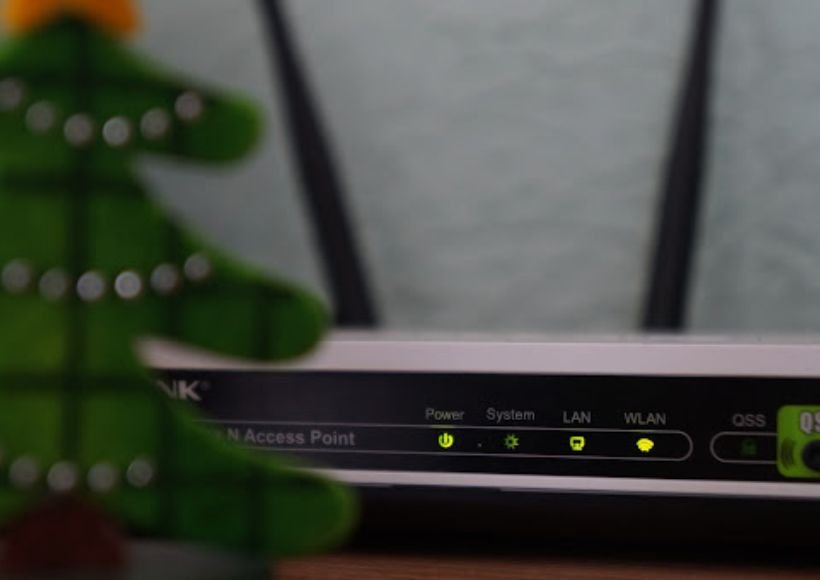How To Create a Cybersecurity Budget For Your Small Business

Cybercriminals only attack multimillion-dollar companies — this is one of the biggest misconceptions of modern crime. As a matter of fact, small businesses account for roughly 43% of all digital attacks today.
In short, this means that you need to have a cybersecurity budget for your company, even if it’s just in the startup phase. However, this process can be daunting for anyone, regardless of experience level.
Here are seven tips to help you create a cybersecurity budget for your business.
Table of Contents
1. Think About Compliance and Legislation
First, it’s important to note that many countries and industries have established cybersecurity standards that help reduce cybercrime.
These vary based on your specialty and location, so you need to consider compliance, legislation, and other requirements you must abide by.
Assuming you operate in the US and have a small clinic or medical company, HIPAA regulations could potentially apply to you.
2. Evaluate Your Hardware and Software
It’s estimated that approximately 40% of mobile devices contain hardware vulnerabilities; for certain types of equipment this number could even be higher.
As such, you need to take the time to evaluate your hardware. This will help you determine whether you need to service your equipment, enhance these tools, or completely upgrade to new devices altogether.
Likewise, remember to evaluate your software versions and licenses to ensure you’re protected against the newest threats.
3. Assess Your Team’s Knowledge Levels
Are your employees familiar with what a VPN is and other cybersecurity best practices?
Once basic training has taken place, assessing your team’s knowledge can help determine how much is spent on training and education.
4. Evaluate Your Current System to Identify Gaps
Assuming you already possess some form of cybersecurity system, it is still wise to identify potential gaps.
In theory, this process should be straightforward: review current practices and determine whether each one needs to remain or change individually.
Yet, if you have a comprehensive cybersecurity system, this will take time. But it’s essential because it can help you save money and improve areas that need extra attention.
5. Consider Your Actions in Case of Emergency
As a company owner or manager, your biggest goal is to prevent worse-case scenarios. But, as every good leader knows, it’s also essential to make plans in case these negative situations arise.
Your response and recovery system should focus on halting the breach if it’s still ongoing, identifying where it started to help prevent other issues, and restoring the data compromised.
According to your industry standards, you may also need to notify clients promptly when there has been a breach and its severity; so conduct research on its standards before setting your cybersecurity budget in stone.
6. Recognize Risk Analysis Is an Ongoing Process
Every month brings with it new risks that must be monitored and assessed; to stay ahead, your best defense against these evolving threats should be to prioritize risk evaluation as a continuous task and dedicate part of your budget to this practice.
Implement different models – third-party providers to in-house cybersecurity teams – according to your needs, but make sure there’s an itemized cost breakdown so as to prevent surprises later.
7. Protect Your Changing Business Mode
In addition to the type of attacks cyber criminals use, it’s also important to note that your business model usually changes over time.
New products and services can widen your company’s attack surface, so you need to evaluate the impact of these additions on your cybersecurity system and make the appropriate adjustments.
Conclusion
Cybersecurity should always be at the top of any business owner’s priority list, regardless of its size.
As the manager of an upstart company or of a small to midsized enterprise that’s looking forward to taking its next steps, take time to carefully consider your requirements and assess both hardware and software systems before moving ahead with expansion plans.
Consider your team’s knowledge levels, as well as following these best practices listed above, when creating the appropriate budget for your company.
Also Read : How To Become a Cyber Security Analyst
